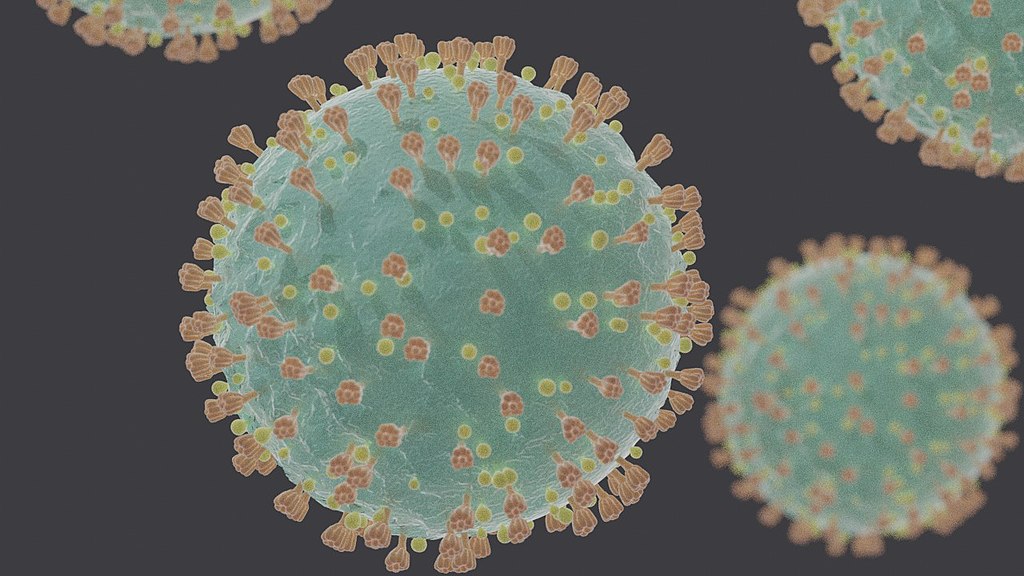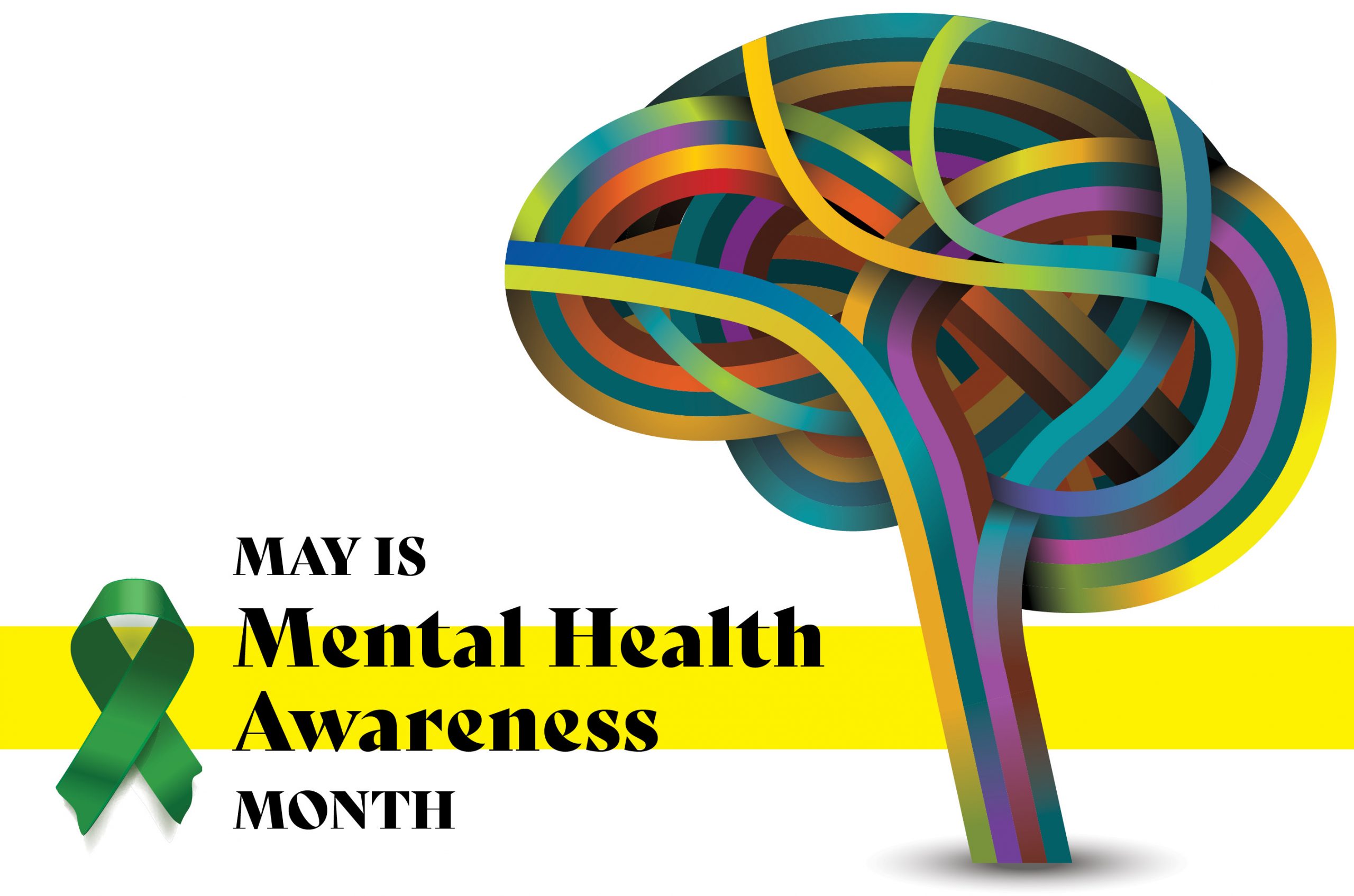At a recent press conference, Ohio Gov. Mike DeWine explained to viewers why it’s important to take precautions during a disease outbreak like COVID-19. To illustrate his point, he used a comparison between St. Louis and Philadelphia during the 1918 flu pandemic that killed several hundred thousand Americans (and millions worldwide). St. Louis closed schools and banned public gatherings, but Philadelphia officials downplayed the danger and went ahead with a planned parade. The result was countless lives saved in St. Louis, and thousands lost in Philadelphia Dr. John Morley, a professor of internal medicine at Saint Louis University School of Medicine, says caution will make the difference during the current outbreak as well. He says social distancing, proper hygiene and concern for others are the most important factors in keeping the disease at bay.
new territory
“This is a novel virus that people haven’t developed immunity to yet,” Morley explains. “It’s transmitted through droplets when you cough and sneeze, and if it transfers to surfaces like wood or plastic, it can stick around for 72 hours. It’s important to wash your hands thoroughly, stay home as much as you can, keep 4 to 6 feet away from others if you have to go out, and use disinfectant wipes on surfaces around you.” He adds that once you’ve caught the virus, your body will continue to shed it for more than a month, so it’s important to be careful even when you’re feeling better.
Morley says those at highest risk for the illness include the elderly and people with diabetes, high blood pressure and other cardiovascular issues. “Men appear to be more susceptible than women,” he notes. “Patients taking certain drugs like ACE inhibitors also may be at higher risk. They should talk to their doctors to see if medication regimens need to be adjusted.”
signs and symptoms
It’s important to get medical advice if you start to notice any symptoms of the virus, including fever, cough, runny nose and shortness of breath. “Get checked if you have these or if you have traveled recently to major endemic areas like Italy, Iran or China,” Morley notes. “If you have symptoms, you’ll likely go to the top of the list for testing.”
Some local hospitals have opened screening centers for people who qualify, and Morley says more locations likely will be added soon. Researchers are working to develop a vaccine, and there are a couple of drugs like the antiviral remdesivir that may help combat the virus, he adds.
the common good
Clayton Mayor Michelle Harris says that while changing our behavior might cause inconvenience and hardship, we should consider how our actions affect other people’s well-being in the long run. The key is to follow local health department advice about what to do (and what not to), she notes. Guidelines change as an outbreak develops, so she says it’s important to check official information channels regularly and stay updated.
“Cities and municipalities like Clayton that don’t have their own health departments have to pay close attention to recommendations from the St. Louis County Health Department and the U.S. Centers for Disease Control and Prevention (CDC),” Harris says. “Their websites have helpful information that is constantly being updated.”
There are ways local governments can help curb the spread of the disease as well, according to Harris. Clayton implemented a plan to block off metered parking spaces in front of restaurants and businesses so customers can pick up food and merchandise curbside, and the city is looking at other ways to support the effort as well. “Whenever people can help local business owners, they should,” she says. “We are very concerned about them right now. A good way to help stores and restaurants is to go on their websites and purchase gift certificates you can use in the future. We all have to get a little creative in times like these.”
how you can help
Joe Zydlo, external communications manager with American Red Cross Blood Services, says although people are being urged to stay home as much as possible, one exception is the need to get out and donate blood. Red Cross blood centers are open, but many offsite donation events have been cancelled, and that could mean a serious shortage of blood for patients who need it.
“We recognize there are certain activities that are still necessary, like going to the grocery store and the doctor,” Zydlo notes. “Donating blood also falls into that category. We want people to know that the process is safe and easy.” Here are some helpful hints to remember:
▶ Red Cross donation centers are set up to keep donors a safe distance from each other.
▶ Don’t try to donate blood if you are not feeling well.
▶ All potential donors and staff have their temperatures checked before entering, and all materials used are sterile and safe.
▶ You can visit redcrossblood.org for helpful information about donating, or download the Red Cross Blood Donor app.
▶ If you are interested in volunteering, visit redcross.org.
stay safe
▶ Wash your hands often, with plenty of soap and water, for at least 20 seconds.
▶ Use alcohol-based disinfectant wipes to clean surfaces.
▶ Stay home if you can. If you have to go out, keep a 4- to 6-foot distance from others whenever possible.
helpful websites
▶ St. Louis County Health Department: stlouisco.com/health-and-wellness
▶ St. Louis City Health Department: stlouis-mo.gov
▶ Centers for Disease Control and Prevention: cdc.gov








